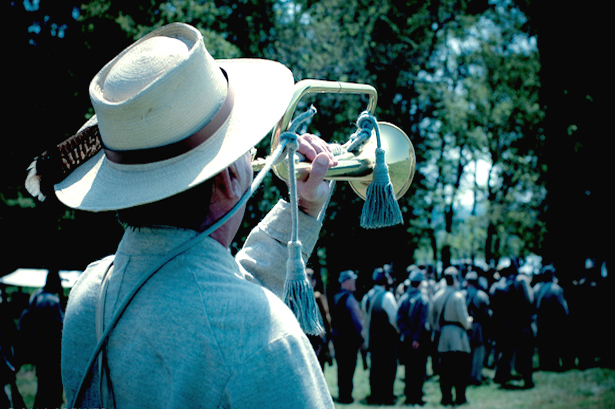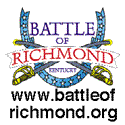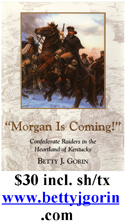|
Without more trained buglers, tradition
of playing ‘Taps’ may be on way out
There’s an 88-year-old bugler from Hellertown, Pa., who’s worn out playing “Taps.”
LeRohn Deysher already had performed the Civil War era melody at 147 graveside ceremonies in Pennsylvania’s Lehigh Valley through early September. Unfortunately, with more and more World War II veterans dying, there aren’t enough LeRohn Deyshers to go around. That’s because few people are learning to play the distinctively sad tune on the brass bugle.
Briefly, Taps was adapted from an old bugle call for “lights out” during the Civil War. The connection of Taps with death and extinguishing lights, or lights out, often is used as a slang expression for actual or symbolic death. Scouting groups sing the second verse of Taps (“Day is Done…”) at the close of camp or a campfire.
The most widely circulated legend about the origin of Taps is that a Union Army officer – Capt. Robert Ellicombe – first ordered the tune played at the funeral of his son, a Confederate soldier killed at the Peninsula Campaign. Supposedly, Ellicombe found the music in the pocket of his son’s clothing. However, there’s no record of a Union officer named Ellicombe involved in the Peninsula Campaign.
Taps is sometimes known as “Butterfield’s Lullaby,” an arrangement in its present form that was developed in 1862 by Daniel Butterfield, a Union Civil War general. The tune actually is a variation of a bugle call known as the “Scott Tattoo” that was used in the U.S. from 1835-60. The Butterfield-composed Taps has been authenticated as the true story by a number of witnesses, including Oliver Norton, the bugler who first performed the tune.
An account of Taps initially being used in a military funeral involves Union Artillery Capt. John C. Tidball. During a break in Peninsula Campaign fighting, Tidball apparently ordered the tune for a deceased soldier in lieu of the more traditional three-volley tribute. Such a volley was considered unsafe in view of the proximity of the enemy.
This story is the first indication of Taps being played as part of a military funeral. Until then, the tune meant that work was finished for the day and was not associated with the connotation of death as it currently is.
Purists, such as Deysher shudder when Taps is played electronically. Their view is that a musician is required to do it so that it’s done right.
In short, they declare that more trained buglers are needed before the Taps tradition dies out.
|











